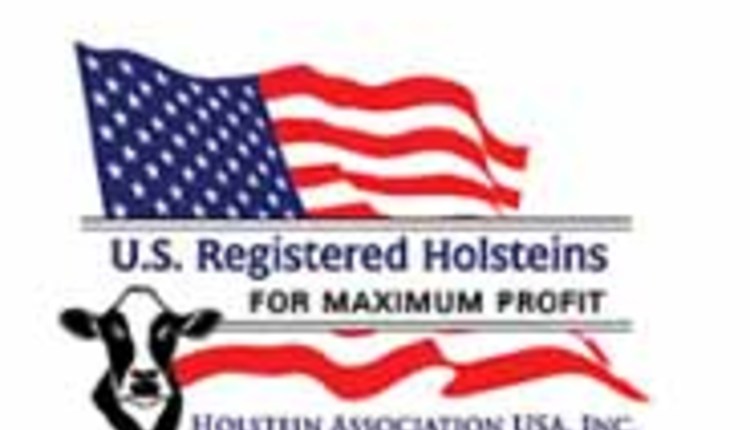Parmesan. Provolone. Feta. These words are as common as terms like tenderloin, peanut butter, and applesauce. However, if the European Union's trade negotiation team gets its way, these before-mentioned varieties of cheese, along with many of their cousins, could one day be trademarked by Europe through a process known as geographical indications or GIs. If you think the concept is far-fetched, it has already taken place.
To date, the EU's European Commission has already executed GI restrictions via free trade agreements with many countries in Latin America as well as South Korea. The latter is the most troubling. Europe's trade team successfully inserted language in the South Korean trade pact to limit the use of the names Asiago, Feta, Fontina, and Gorgonzola to cheeses made only in Europe. No other country can sell cheeses by these names in South Korea. It's now law.
The damage could have been much worse as Europe's crafty trade team had its sights set on a longer list of generic cheeses along with names for wines and meats. However, teamwork between Oceania and North and South America prevented a further power reach. Unthwarted by the partial setback, Europe's energetic trade specialists are scheming on similar plans in a multitude of countries.
The world's business community has never been against trademarks that are true geographical indications like Washington State Apples or Brie de Meaux, as is the case of Brie made in a specific local of France. However, the European Commission's warped methodology is no different than North and South American countries placing GIs on words like tomato, potato, or turkey. After all, these were among the many products taken by European explorers and merchants from North and South America centuries ago.
Our industry and consumers deserve better. Our European counterparts should compete on equal footing and end this childish game. There is no need to confuse consumers around the globe through a frivolous attempt to trademark centuries-old food names. In the meantime, we wholeheartedly support the broad-based, international start-up group Consortium for Common Foods Names (www.commonfoodnames.com). We applaud its efforts to preserve the right to use generic food names.
Unfortunately, they have a long battle ahead, and the group needs the support of our industry.
This editorial appears on page 368 of the May 25, 2012 issue of Hoard's Dairyman.
To date, the EU's European Commission has already executed GI restrictions via free trade agreements with many countries in Latin America as well as South Korea. The latter is the most troubling. Europe's trade team successfully inserted language in the South Korean trade pact to limit the use of the names Asiago, Feta, Fontina, and Gorgonzola to cheeses made only in Europe. No other country can sell cheeses by these names in South Korea. It's now law.
The damage could have been much worse as Europe's crafty trade team had its sights set on a longer list of generic cheeses along with names for wines and meats. However, teamwork between Oceania and North and South America prevented a further power reach. Unthwarted by the partial setback, Europe's energetic trade specialists are scheming on similar plans in a multitude of countries.
The world's business community has never been against trademarks that are true geographical indications like Washington State Apples or Brie de Meaux, as is the case of Brie made in a specific local of France. However, the European Commission's warped methodology is no different than North and South American countries placing GIs on words like tomato, potato, or turkey. After all, these were among the many products taken by European explorers and merchants from North and South America centuries ago.
Our industry and consumers deserve better. Our European counterparts should compete on equal footing and end this childish game. There is no need to confuse consumers around the globe through a frivolous attempt to trademark centuries-old food names. In the meantime, we wholeheartedly support the broad-based, international start-up group Consortium for Common Foods Names (www.commonfoodnames.com). We applaud its efforts to preserve the right to use generic food names.
Unfortunately, they have a long battle ahead, and the group needs the support of our industry.











